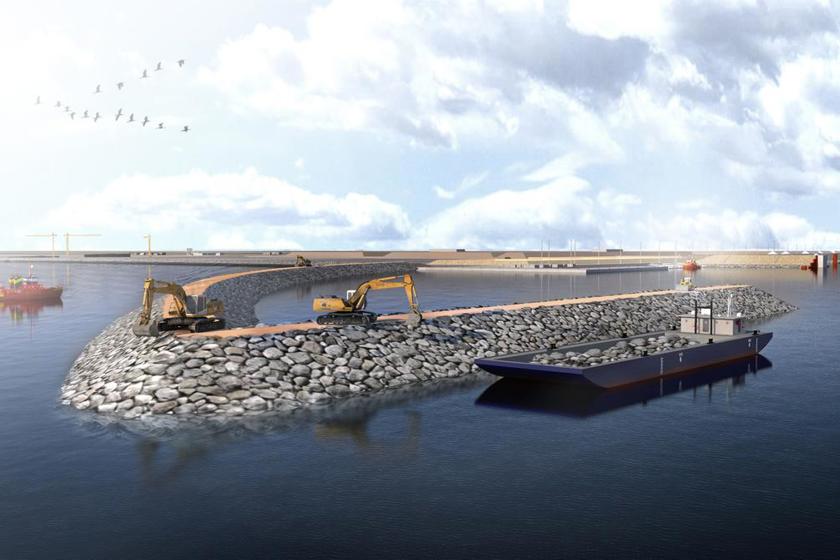Focus on the enviroment
Strict envionmental and climate requirements
The latest and most environmentally appropriate production methods will be used during the construction phase. Traditionally, immersed tunnels are produced in dry docks on land and require a lot of space and create a poor working environment. With the Fehmarnbelt project, the tunnel elements will be cast at a factory specially constructed for the purpose.

Femern A/S is imposing higher specific environmental and climate requirements on the contractors compared to similar major construction projects. The spill from the dredging work will be limited as much as possible by using large-scale machinery and through good planning. The sediment spread from the dredging work will constitute the biggest environmental impact in the Fehmarnbelt – which is why spill must be kept to a minimum.
During construction work, noise will be limited as much as possible and concentrated in daytime hours. When the coast-to-coast facility becomes operational, fewer local residents will be exposed to noise than is the case today. Contractors will be required to use the latest and least noisy machinery.
When the project is completed, the Fehmarnbelt will gain new plant and animal life from the stone reef above the immersed tunnel near the coast. The stone protecting the tunnel will be transformed into new and attractive areas for flora and fauna. On land, a 330 hectare new natural area is created that is more than three times the size of the area occupied by the completed project.
Read more at Fehmern's website.